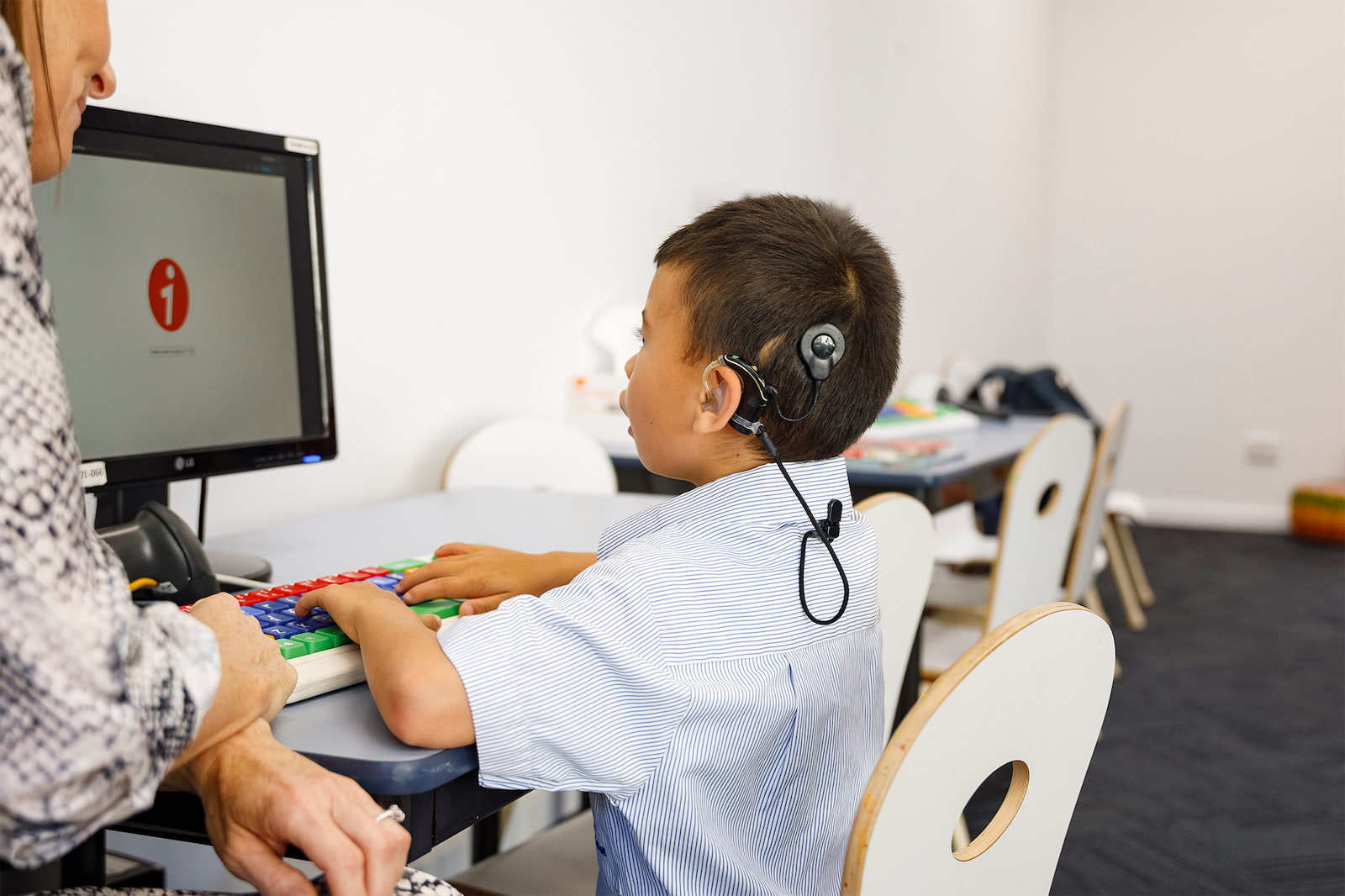



What TSH can help you with
If you suspect your child may have hearing loss, it is crucial to seek professional help as soon as possible. Our commitment to early diagnosis and intervention through a family-friendly and scientific approach is reflected in our reputation.
Hearing Tests
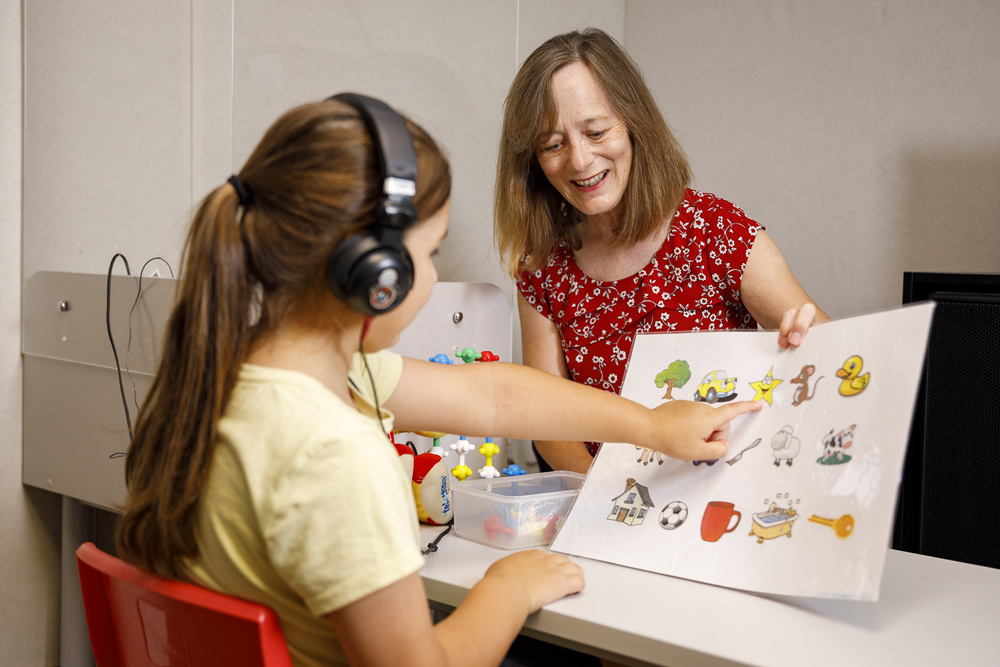
Infants and Toddlers (Newborn- 2.5 years)
Many parents are familiar with the Newborn Hearing Screening performed in the hospital shortly after birth. In some cases, a baby is referred to a specialised paediatric audiologist to complete a diagnostic hearing test. Depending on the child’s needs, our specialised paediatric audiologist tailor a range of tests to find out how different parts of your child’s hearing system function. Some of the tests do not require your child’s cooperation and in others we look for their reaction to various pitch-specific sounds.
Auditory Brainstem Response (ABR) – For babies 7 months and younger observations of your child’s responses is conducted alongside measurement of very small nerve responses to sounds. This test is completed when the baby is comfortably asleep.
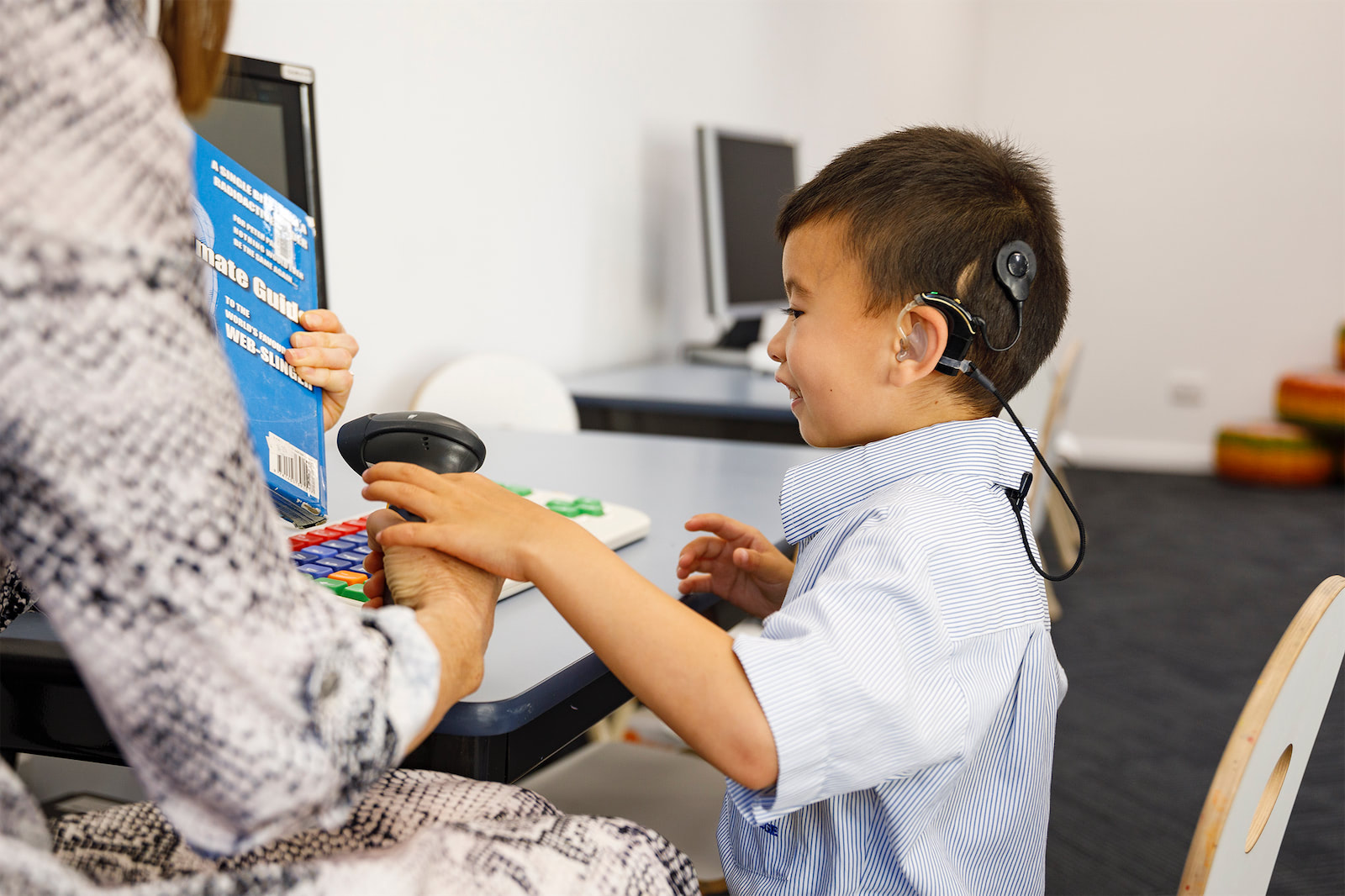
Children 2.5 – 5 years
Once your child is comfortable to wear earphones and follow simple instructions the specialised audiologist can assess their hearing for various pitch-specific sounds essential for everyday conversation. These tests provide a picture of the child’s hearing acuity and speech understanding that enables the audiologist to provide further recommendations. The game-like tests are a lot of fun, and children often leave the clinic feeling confident and proud of their fantastic listening skills.
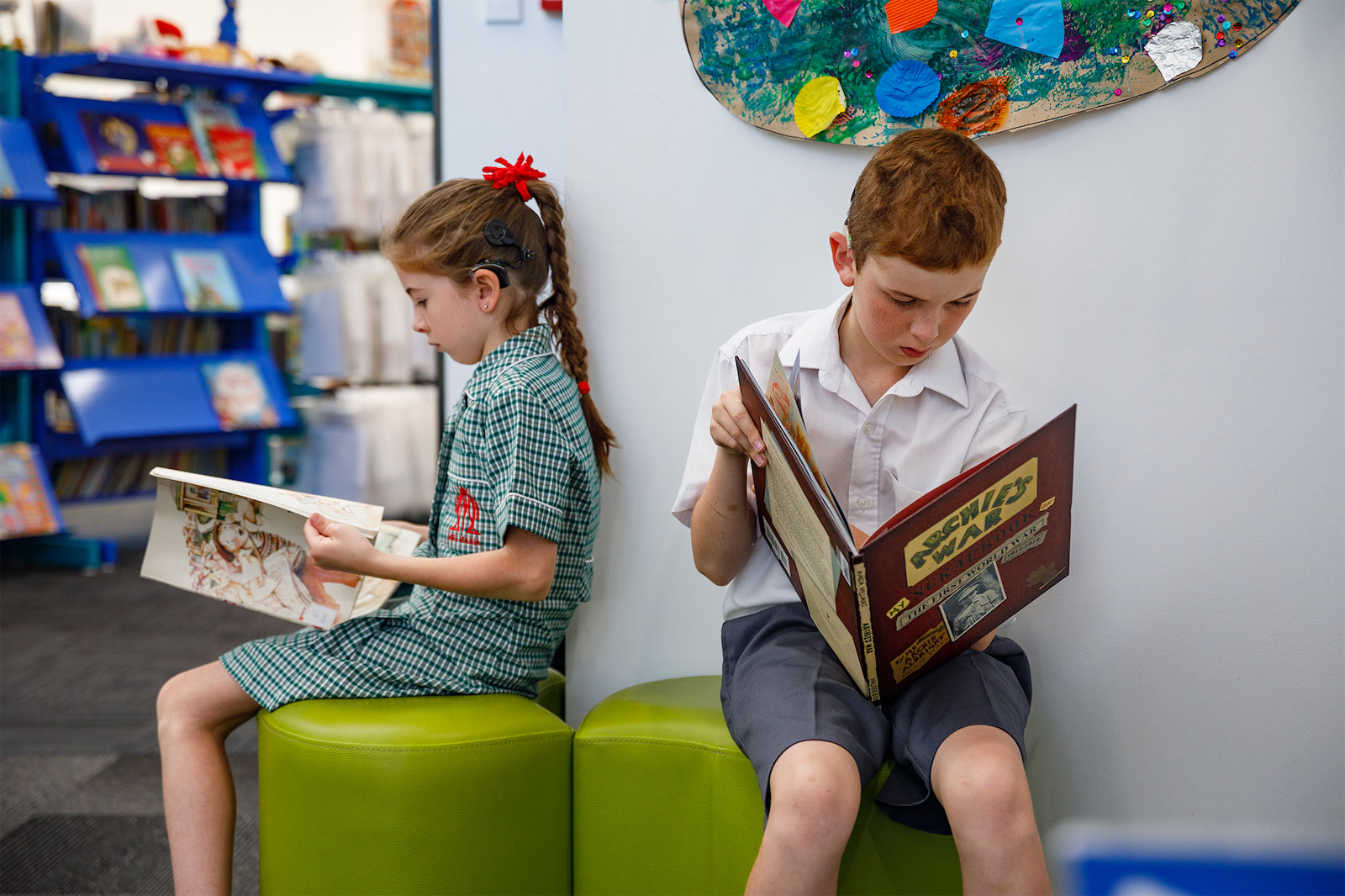
Children over 5 years
Apart from what is conducted for younger children, a specialised paediatric audiologist modifies the hearing tests to better suit children over 5 years and with additional assessments. Testing is designed to be game-like and fun to engage the child.

Auditory Processing Disorder (APD) Assessment
APD cannot be detected by a standard hearing test alone. Many children with APD pass usual hearing tests. Our specialist paediatric audiologists conduct a group of specific tests to assess your child’s auditory processing abilities. Apart from a standard hearing test, extra tests, such as short-term memory test as well as additional speech tests that include repeating sentences in background noise, or listening to words in both ears, and tone differentiation, are conducted.
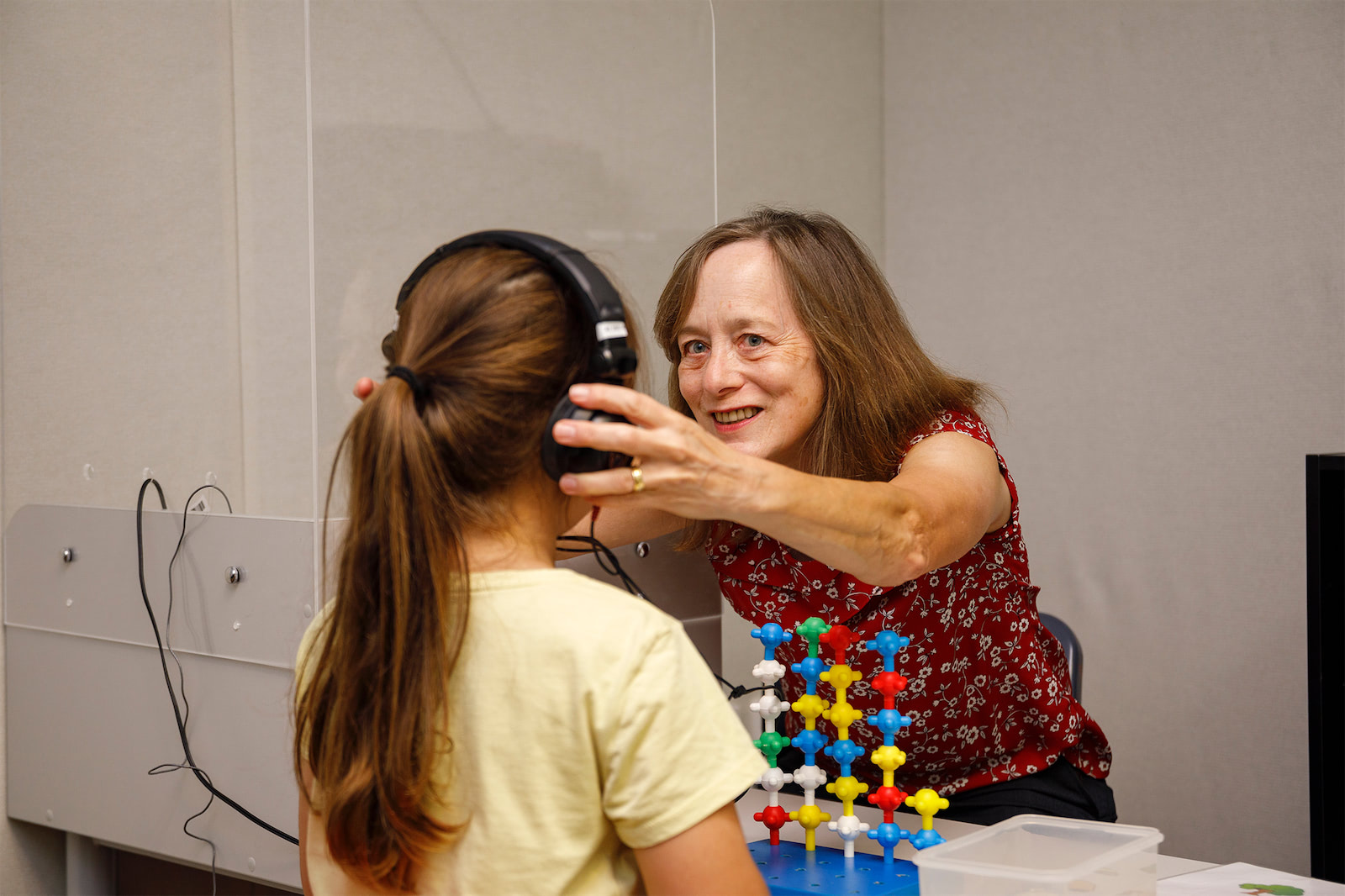
Why might my child need an APD test?
Children with APD usually have typical hearing but have trouble making sense of what they hear, which can affect language, learning (especially reading), and memory.
APD is a hearing difficulty where the ears receive sound, but the brain struggles to interpret and make sense of these sounds, especially in noisy environments like classrooms.
APD can significantly impact academic achievement and learning potential. It often coexists with other conditions such as autism, ADHD, speech and language difficulties, and learning disabilities.
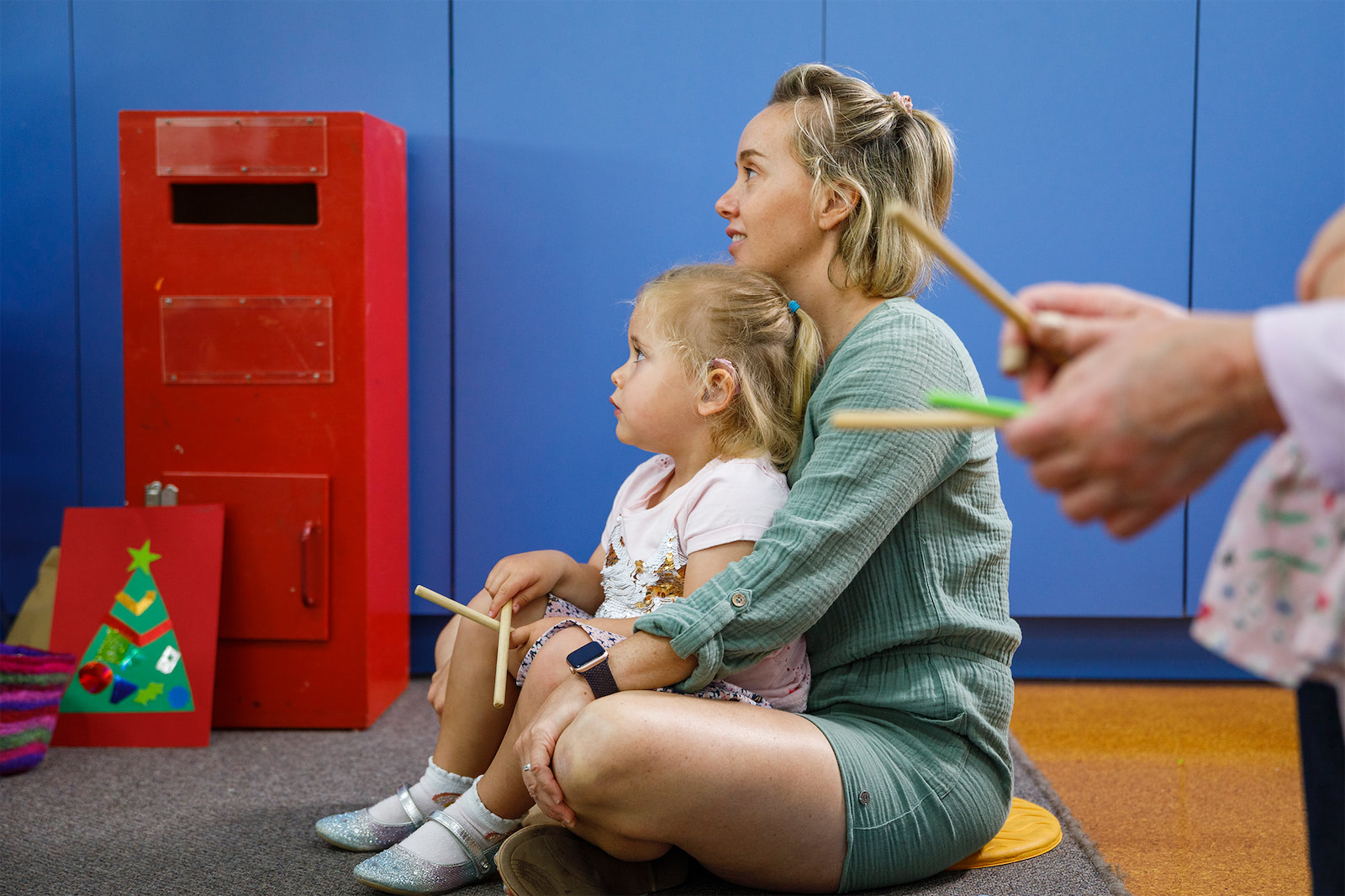
What are treatment approaches for APD?
Understanding APD and navigating the treatment options can be an overwhelming process. Our specialist APD audiologists partner with you to support you and your child in the journey with APD. Depending on the test results, appropriate treatment options will be recommended.
There are three main approaches to treating auditory processing difficulties:
- Auditory Training: Regular computer-based training at home over several months.
- Assistive Hearing Technology: To assist listening and improve processing abilities.
- Classroom and Home Listening Strategies: such as ensuring optimal seating and using visual support materials.
A diagnosis of APD can be made using specific audiological tests, but a multidisciplinary approach may be required for effective assessment and management of your child’s APD. This means that it may be recommended, that you also consult with a speech-language therapist, educational psychologist, education specialist, paediatrician, occupational therapist, and/or optometrist. Our APD specialists will guide you through the process as required.
Frequently asked questions
Babies learn through their senses, with hearing being key for speech development. A language-rich environment is essential. Hearing, understanding, and imitating sounds lead to meaningful speech. Undetected hearing issues can disrupt this process early on. Our paediatric audiologists, experts in children’s hearing, are here to guide you in the next steps for your child.
If your child requires a hearing test, please contact TSH to send an appointment request. Our friendly administration staff will be in touch to offer an appointment date at a location convenient to you. We will support you through every step of the process.
There is a fee for the hearing test appointment and your child may be partly eligible for a Medicare rebate with a valid GP or specialist referral. Equal access to care for every child is paramount to us at TSH. In case of financial hardship, please let us know.
- You’ll receive a confirmation email with appointment details.
- The email includes a link to an ear health and speech history form.
- Complete the form before your appointment for tailored assessment.
- Bring or email previous hearing test results.
Supporting your child with hearing difficulty
Hearing devices are recommended for children with hearing loss to amplify essential sounds for communication. Most children benefit from traditional hearing aids combined with assistive devices, but when these aren’t enough, hearing implants like bone conduction or cochlear implants are recommended. TSH provides comprehensive audiological support for children with various types and degrees of hearing loss.
Our specialist paediatric audiologists work closely with families and interdisciplinary teams to navigate the use of hearing devices and monitor progress, ensuring the best outcomes. These services are provided to the families in Chatterbox, Outpost, and those that join our cochlear implant programs.
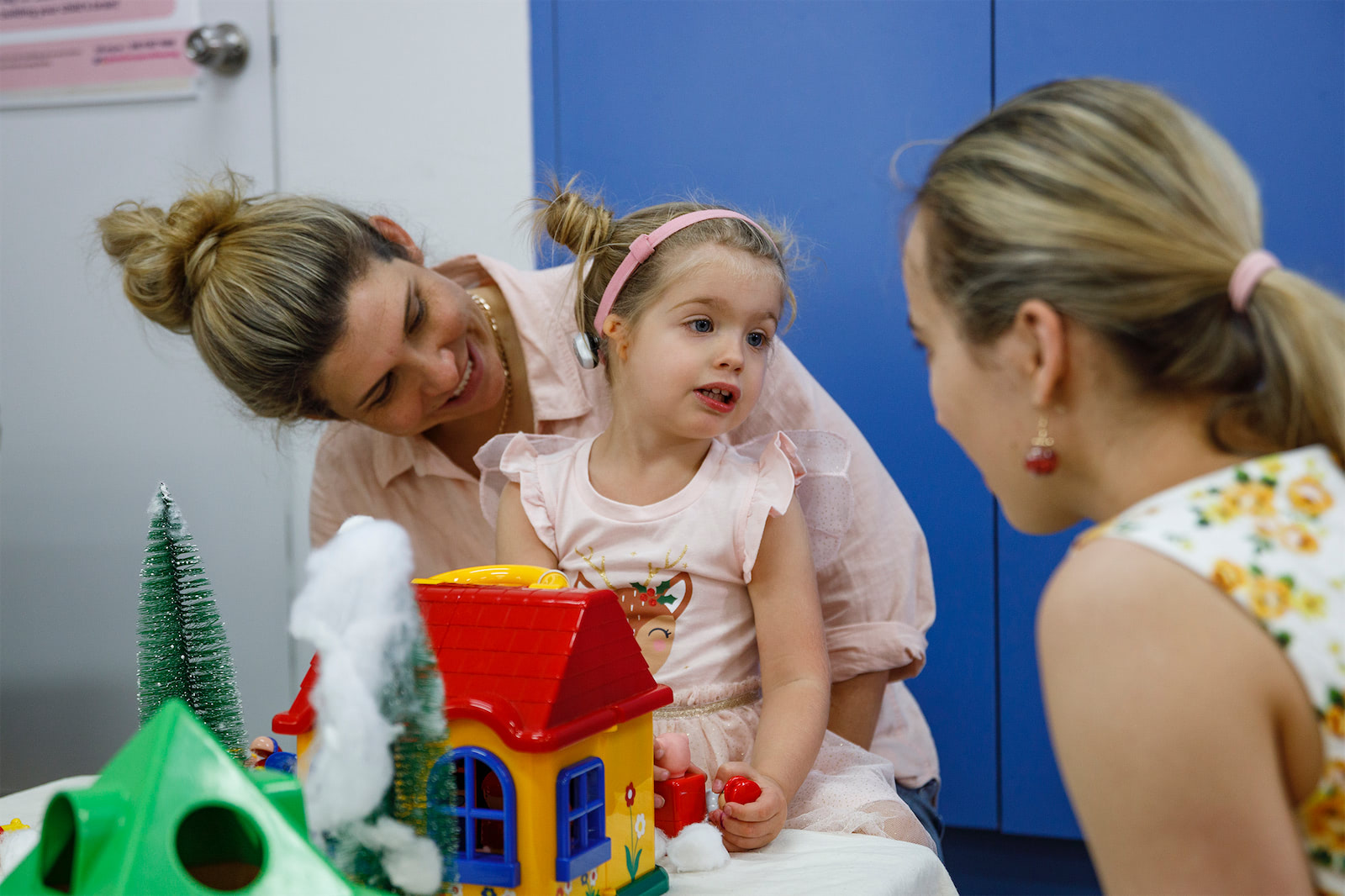
Cochlear Implant Support Program
The TSH Cochlear Implant Support Program supports you and your family in the cochlear implant (CI) journey after surgery. A distinctive and invaluable component of this program is access to a combination of services at a central location – children and their families can access audiological appointments; listening, speech and language therapy; family counselling services; and school support all under the one roof. These services are integrated and interdisciplinary to help each child reach their full potential in a professional, family-friendly and supportive environment.
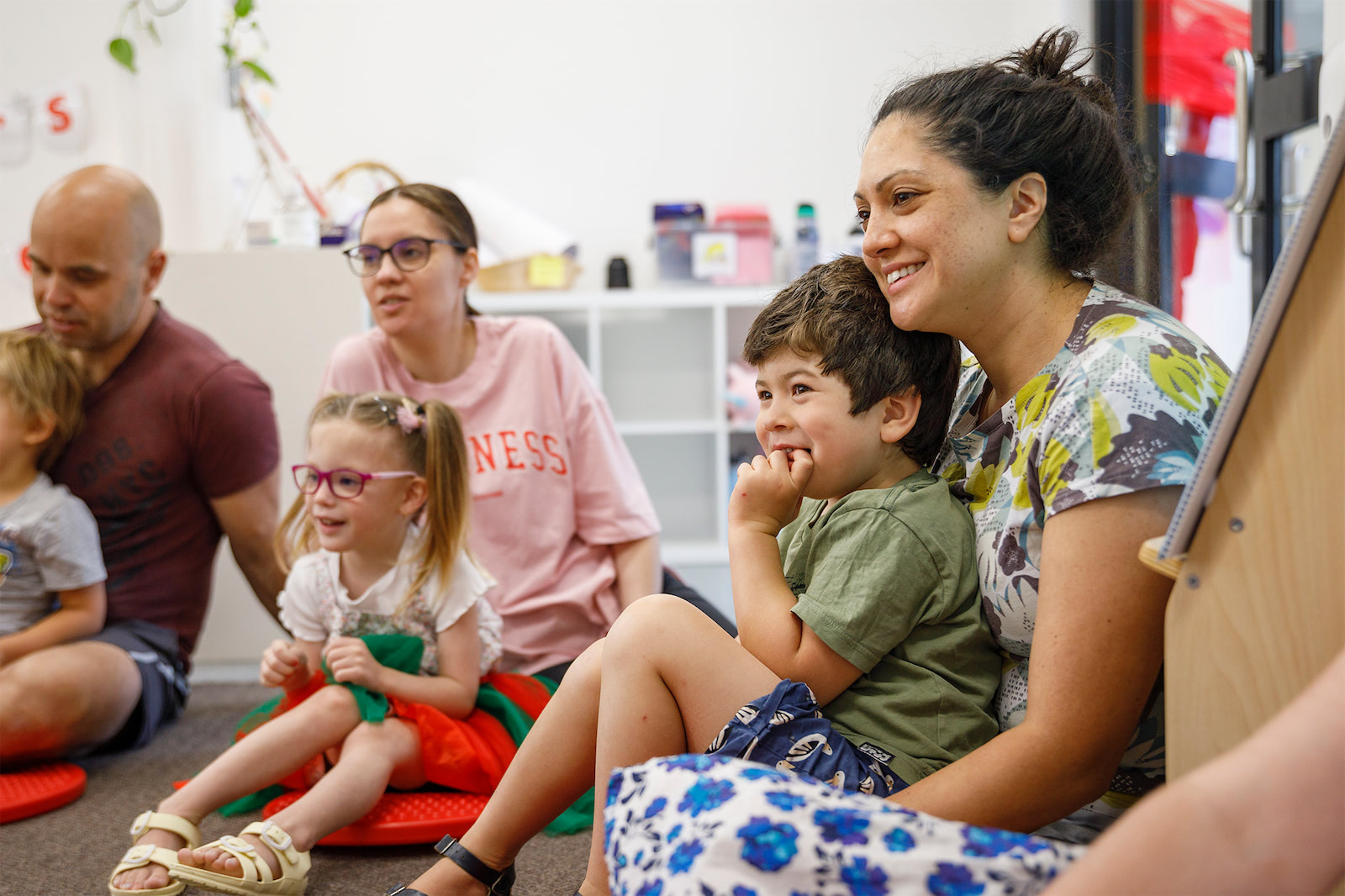
Who can access the TSH Cochlear Implant Support Program?
Any child with a cochlear implant can choose to be supported by specialist paediatric audiologists at TSH. TSH can support you with regular adjustments of the external device (mapping), upgrade of the external device(s), repair and maintenance, training, education and school support.
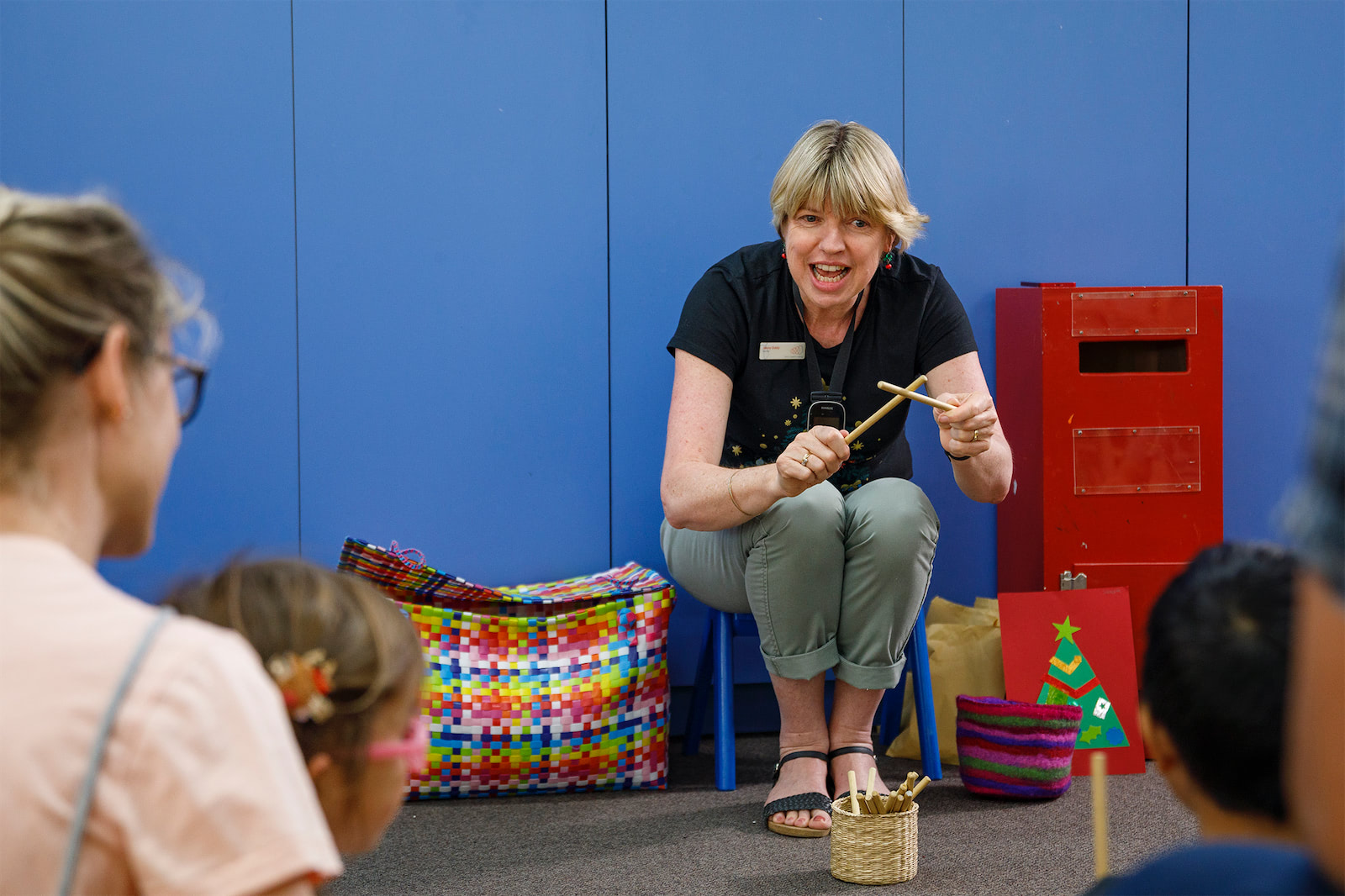
What are the costs involved?
There are various funding options available to assist with the cost of appointments such as bulk billing through Medicare and NDIS. Cost of maintenance, repair and upgrades are covered by Hearing Australia.

For Professionals
Referral to audiology is easy. We are on Best Practice and direct referrals can be made. Alternatively, referrals can be made by filling in the referral form for a range of services. A medical referral allows the family to receive a rebate from Medicare. Please contact us if you prefer to have a referral pad send to you or with any other queries.
Contact us
Got a question?
If you want to make an enquiry about a TSH service or program, please get in touch with our friendly team today. We also welcome enquiries from potential TSH partners.
